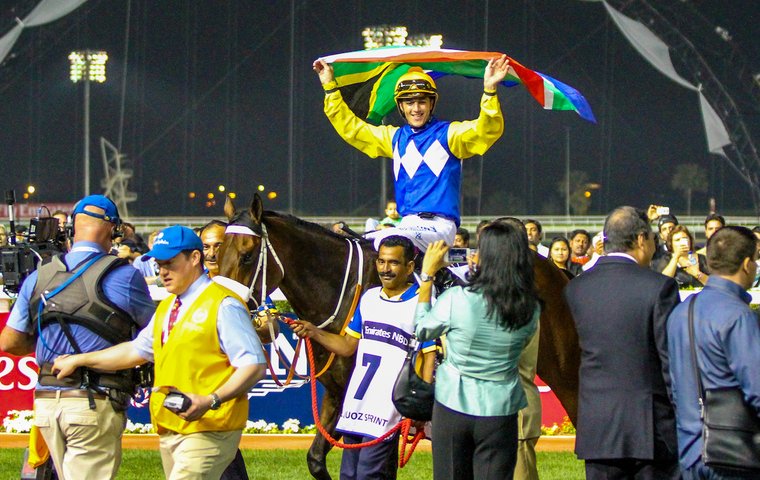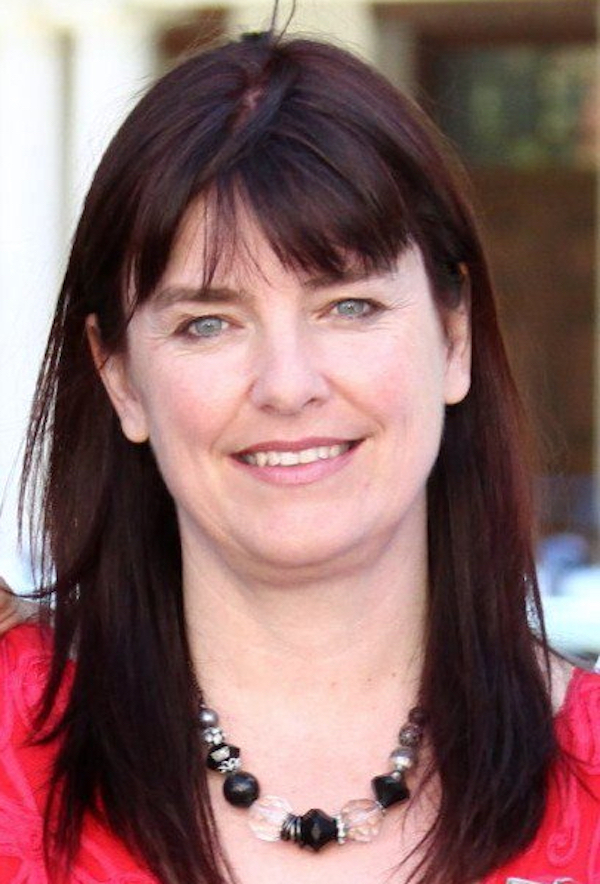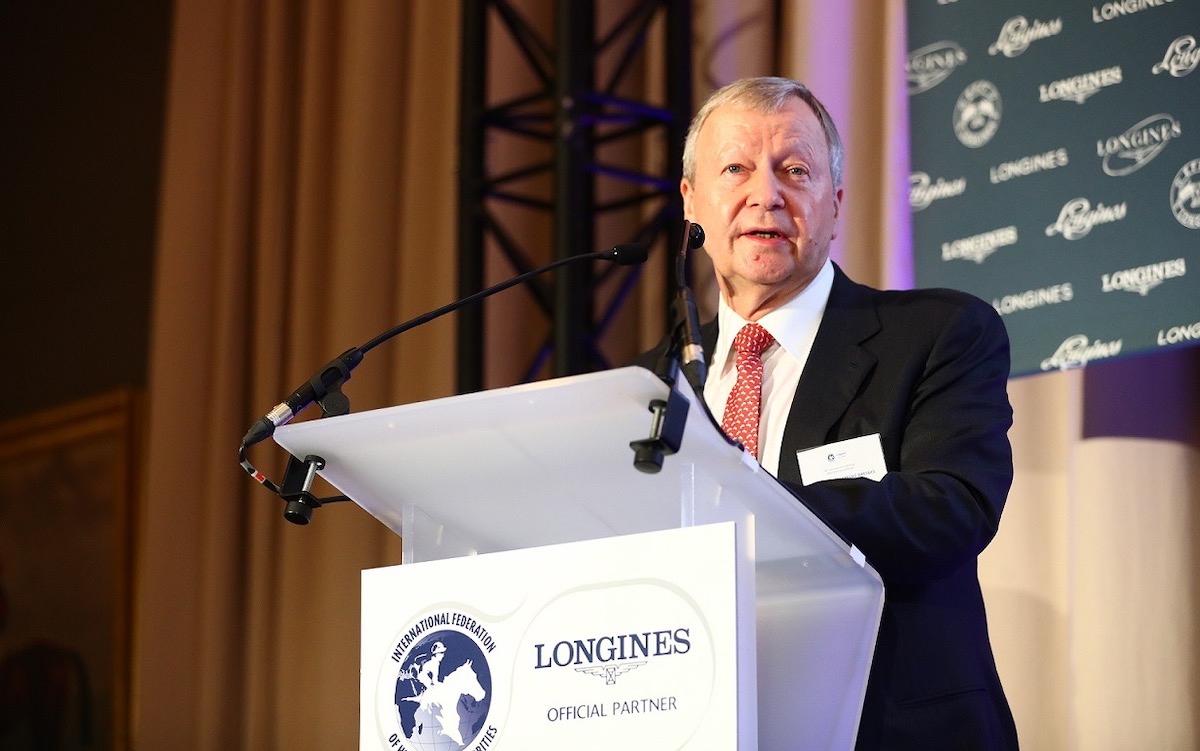
The 13-year ban on direct exports to the EU from South Africa has been lifted – thanks to concerted efforts at home and support from influential voices abroad
 The first racehorse exported straight out of South Africa almost 30 years ago was the Alec Laird-trained London News, who travelled directly from Cape Town to Hong Kong to run in the 1997 Queen Elizabeth II Cup at Sha Tin.
The first racehorse exported straight out of South Africa almost 30 years ago was the Alec Laird-trained London News, who travelled directly from Cape Town to Hong Kong to run in the 1997 Queen Elizabeth II Cup at Sha Tin.
With Douglas Whyte in the saddle – and later destined to become a legend in the region as a 13-time champion jockey – London News duly won, breaking the Hong Kong course record in the process.
Others followed but an outbreak of African Horse Sickness in 2011 severely hampered any international ambitions when it led to a ban on exports from South Africa directly to the European Union.
Prior to the ban, South African horses were required to do 40 days’ quarantine in Cape Town’s quarantine facility in the centre of the Kenilworth Racecourse, before shipping straight into the European Union and then if needed onwards to their final destination.
The reinstatement of the direct export of horses out of South Africa to the EU and beyond has been a long-held dream of the South African racing, breeding, and the wider equestrian communities.
South African horses were severely restricted from competing at international events due to impossible export protocols, with months of quarantine and travel via Mauritius to compete in the EU or two months in lockdown quarantine in the USA.
Master trainer Mike de Kock, who dominated the Dubai World Cup Carnival for many years, attempted the months-long route via Mauritius, but in the end even he had to admit defeat. Hence, 2023 would be remembered as the first year of the Dubai Carnival without a single De Kock horse competing.
It seemed as if the South African racing industry would forever be hamstrung: breeding horses good enough to take on the best of the world, but not being allowed to compete on equal terms. After all, it had been 13 years since South Africa last exported directly to the EU from the African Horse Sickness Free Zone in Cape Town.
Hard at work
Behind the scenes, however, the South African Equine Health and Protocols (SAEHP) team had been hard at work.
The arrival of COVID scuppered the mandatory EU audit planned for 2020 for a while, but in late 2022 that audit finally took place. Then on March 25, 2024, it was announced after ongoing negotiations that the South African Government had been officially notified that the reinstatement of direct exports from South Africa to the EU has been approved.
Adrian Todd, managing director of SAEHP explained why the process took so long. “Firstly we needed to get the South African government involved,” he said. “The negotiations ultimately had to be between the various governments – and hence a proper Public Private Partnership with our government, including the Western Cape Veterinary Services was essential.
“SAEHP was formed due to the vision of Chris van Niekerk and the Export Task Team, which he jointly founded with Mrs Susan Rowett, as a cooperative venture between the sales companies.
"It had been working on getting direct exports to the EU reinstated since January 2018, its operations funded by South African private individuals and racing organisations,” Todd went on.
“Then in 2021, the Hong Kong Jockey Club (HKJC) came on board not only as a funder, but also to provide additional expertise on a technical level.
Staunch champion
“This really allowed the export drive to be taken to the next level. Hong Kong Jockey Club CEO Winfried Engelbrecht-Bresges, has also been a staunch champion of South Africa in its struggle to get exports reinstated in his role as chair of the International Federation of Horseracing Authorities (IFHA) and as chairman of the Asian Racing Federation.”
SAEHP Chairman David Abery was equally complimentary of the support provided, saying: “It has been a lengthy, complicated process and one that would have never been achieved without the vision of both the HKJC and our previous private funders.
“This is very exciting news, and thank you to everyone involved in making it happen," he added.
Significant boost
“It is anticipated that this opening up of direct EU exports will, over time, give a significant boost to not just the South African Thoroughbred racing and breeding industry, but also to the other equine disciplines, all of which have been somewhat internationally isolated for many years.
“It is vital that what has now been achieved is maintained, and we look forward to working with all relevant stakeholders to ensure the functions of SAEHP are well funded and developed as required, so that we can support industry in maximising the value which flows from an efficient and strong horse export system.”
This has been a long, arduous, frustrating and extremely bumpy road, followed by an achievement that is still very hard to believe is real.
Yet real it is. The goal has been achieved, and Abery and Todd, along with their team at SAEHP, can certainly be extremely proud of that.
• Visit the SAEHP website and the SA Horse Racing website
Ban lifted on direct exports to EU from South Africa
Seven Days in Racing: Saratoga mooted for City Of Troy, Junior Alvarado, Golden Slipper and more …
Plundering desert riches: the incredible journey of Saudi Cup hero Senor Buscador
Royal Ascot struggling for major international names as British racing faces ‘headwinds’
View the latest TRC Global Rankings for horses / jockeys / trainers / sires



